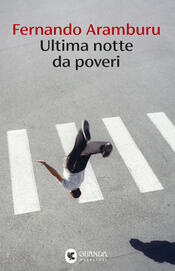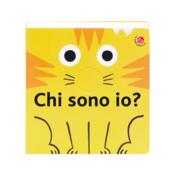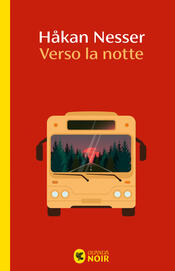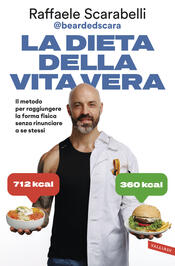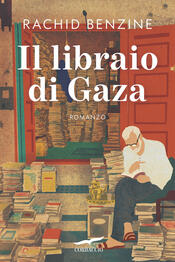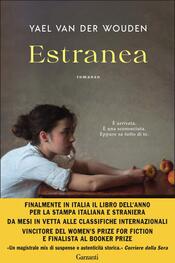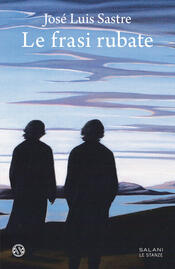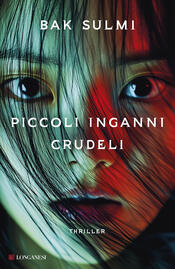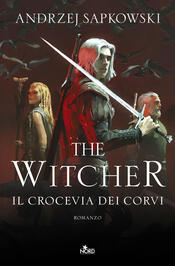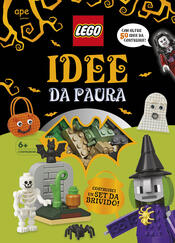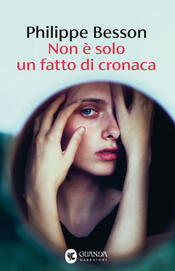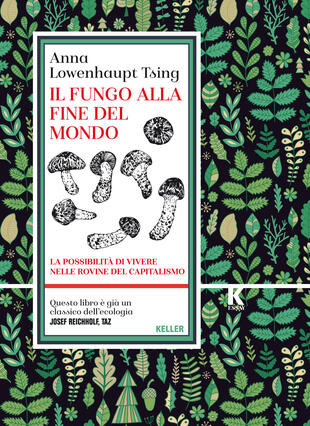

Il fungo alla fine del mondo. La possibilità di vivere nelle rovine del capitalismo
Acquistalo
Sinossi
Si dice che, dopo la bomba atomica su Hiroshima, la prima forma di vita a spuntare in quel paesaggio devastato sia stato un matsutake. Si tratta di uno dei funghi commestibili più ricercati dell'Asia: non cresce solo in Giappone dove raggiunge prezzi astronomici, ma anche in varie aree dell'emisfero boreale. Questo fungo dall'odore intenso ed evocativo non può essere coltivato e preferisce crescere su terreni e foreste perturbati dalla presenza umana. Il racconto di Anna Lowenhaupt Tsing - ormai diventato un classico - ruota attorno a questi ricercatissimi funghi, offre approfondimenti e spunti che vanno ben oltre l'ambito micologico, e pone una domanda essenziale: cosa riesce a vivere tra le rovine che abbiamo generato? Esplora angoli inattesi e inconsueti del commercio del matsutake e ci conduce tra buongustai giapponesi, commercianti, combattenti hmong, guide naturalistiche finlandesi, abitanti della costa pacifica degli USA e altro ancora. Compagni di viaggio che ci permettono di perderci e sorprenderci tra ecologie fungine e storie forestali e che ci fanno sperare nella possibilità di una convivenza collaborativa tra specie in un'epoca di massiccia devastazione umana.
- ISBN: 1259520099
- Casa Editrice: Keller
- Pagine: 414
- Data di uscita: 26-05-2021
Recensioni
Coulda been great: it's an experiment that failed, or, maybe, never needed to be taken in the first place. At its most fundamental, Tsing's book is an ethnography of those people involved in the trade of the matsutake mushroom. Valued in Japan, the mushroom has become scarce there; now there are atte Leggi tutto
Do you ever have one of those evenings where you're listening in on a really erudite, engaging conversation? A conversation among smart people where everyone is totally into the subject, and in discussing it bring each other to all kinds of new insights and connections among widely disparate things? Leggi tutto
This book is hot garbage. It’s one of the worst and most pointless books I’ve ever read. Tsing, an anthropologist, has attempted to write about some ill-defined phase of post-capitalism while apparently knowing next to nothing about capitalism. “Salvage capitalism,” as she tries to use that term, tur Leggi tutto
This wasn’t as critical of imperialism, and specifically Japanese imperialism, as I thought it could or should be. Otherwise a really interesting blend of anthropological and ecological epistemologies when it comes to a specific type of mushroom and the economies surrounding it.
I can't believe I finished this book which had like 100 pp of forest ecology but that's what a pandemic does, give you lots of time and desperation for some kind of transformative hope-giving ideology! Tsing explicitly states that her writing aims to be "patchy" rather than motivated by a central the Leggi tutto
کتاب رو آنا سینگ، استاد انسانشناسی دانشگاه کالیفرنیا، سنت کروز، در مدت 15 سال (!!!!) نوشته. قهرمان اصلی کتاب قارچی هست به نام ماتسوتاکه که توی ژاپن کالای بسیار ارزشمندی به حساب میاد (چون بوی پاییز و قدیم رو میده) و در نتیجه بازار خرید و فروش بزرگی در سطح جهان به راه انداخته. خصوصیت این قارچ اینه که Leggi tutto
Citazioni
Al momento non ci sono citazioni, inserisci tu la prima!


